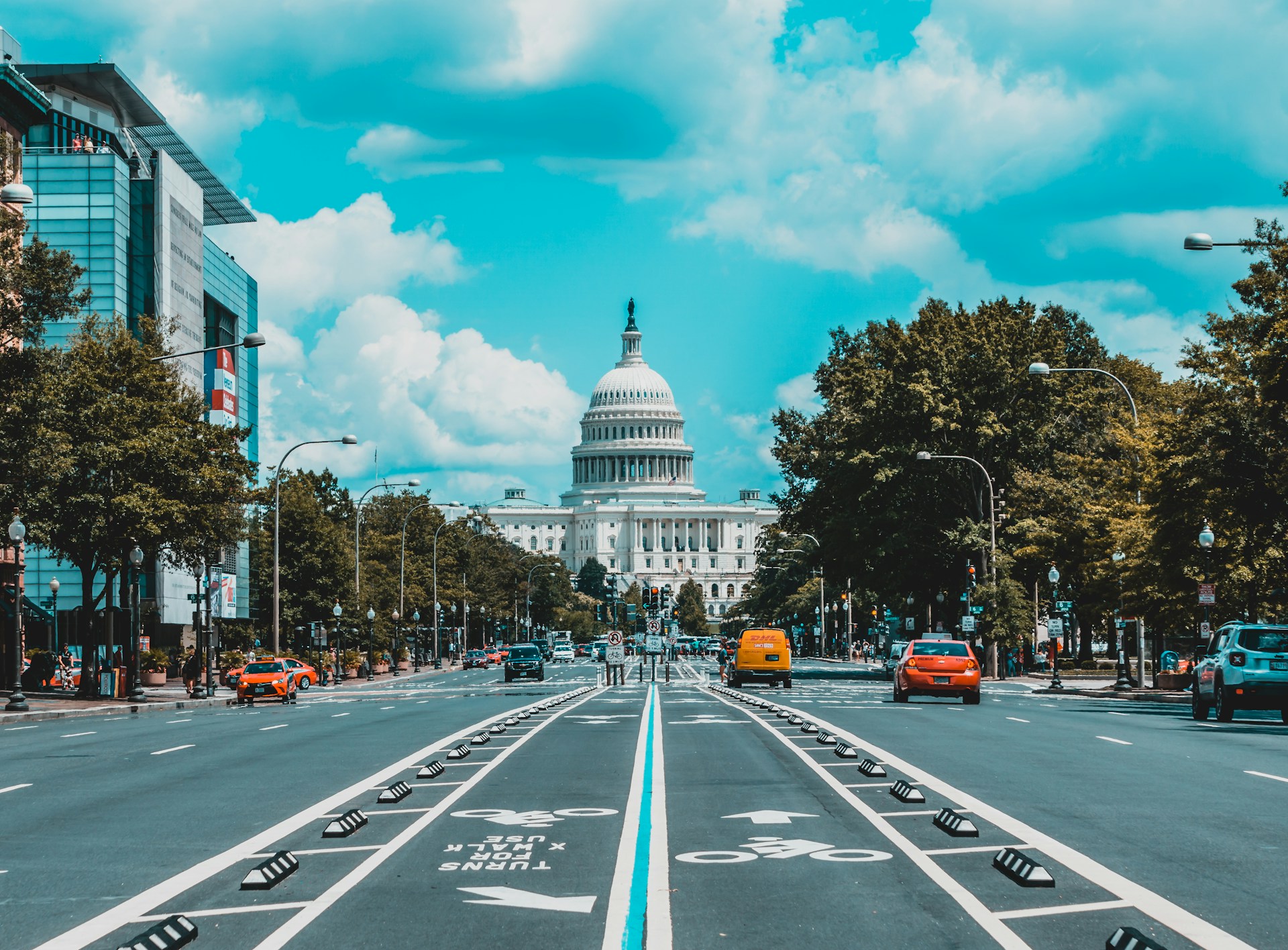The fate of former President Donald Trump’s controversial tariffs now hangs in the balance, as the U.S. Court of Appeals for the Federal Circuit is set to determine whether these measures were within the president’s authority. The case, being heard on July 31, 2025, presents a pivotal moment in U.S. trade law, with implications for future executive powers.
The tariffs, which were introduced under the International Emergency Economic Powers Act (IEEPA), are under scrutiny after a lower court ruled that they were excessively broad. Small businesses and Democratic-led states have challenged the tariffs, arguing that they violate constitutional principles by bypassing Congress. At the heart of the legal debate is whether the president can invoke national emergency powers to enact significant economic measures without congressional approval.
While the tariffs remain in effect during the appeals process, the decision of this court will set a crucial precedent. Should the court side with the plaintiffs, it could limit the executive branch’s authority to impose such sweeping tariffs in the future. This case is not just about trade policy but also addresses broader questions about the separation of powers and the constitutional limits of presidential authority.
As the legal community anticipates the court’s ruling, businesses, lawmakers, and legal experts are closely watching to see how the judiciary will address the balance of power between the executive and legislative branches. A ruling against the tariffs could force a re-evaluation of how future presidents approach trade measures, potentially reshaping U.S. foreign policy.
This case serves as a reminder of the ongoing legal challenges and the enduring influence of the courts in shaping the direction of U.S. governance, especially in areas traditionally governed by executive action.


